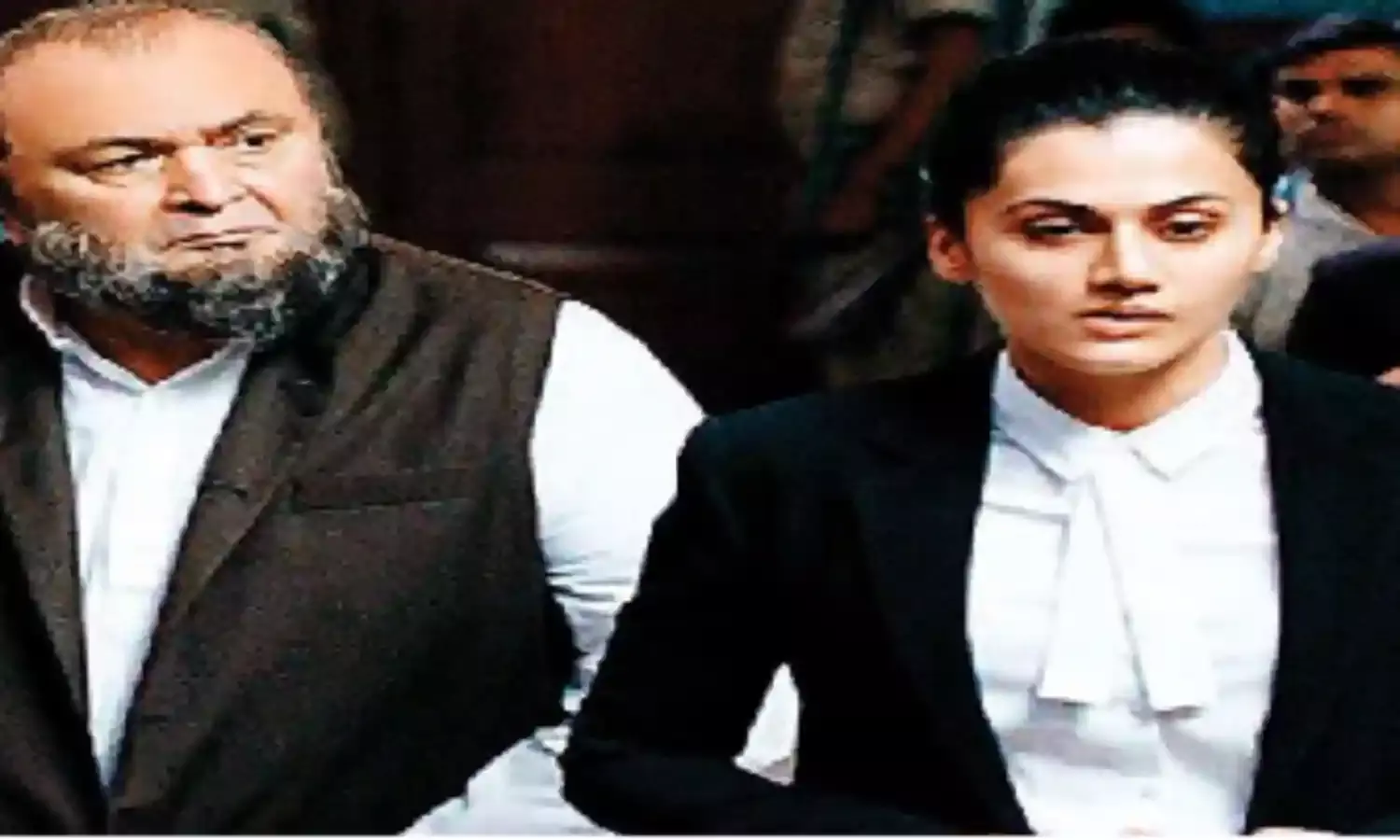Mulk: Loud Applause For Actors Who Continue to Defend the Movie Outside Theatres
Mulk, a Pnyxian movie
ATHENS: Watching the film Mulk took me back to the Pnyx once again. Pronounced 'pinika', the Pnyx is a hill in the heart of Athens that was chosen as a venue for the practice of rhetorical culture, some 500 years before the birth of Christ.
At that time so long ago, it was decided that political power be made a prerogative of the people and not rest in the hands of a few self-centered citizens. Similar egalitarian ideas were debated routinely on the Pnyx, where concerned politicians would meet to sort out life’s problems by speaking fearlessly about anything that had bothered members of the Athenian Democratic Assembly.
It is here that the noble idea of we the people was first produced, and the human being imagined as the centre of the universe, a thought that over time inspired the whole world.
Democracy was born here when democrats decided that ordinary citizens ought to take the lead in organising the way in which the society they lived in would function. The democratic path chosen on the Pnyx was an attempt to reform the law of the jungle, by insisting that power and wealth, concentrated in the hands of a privileged few, should be fairly distributed among all citizens in society. It was concluded that it is the birthright of all citizens to be treated as equals, to be made to feel safe and secure in their habitat, and to have the freedom to practise their religions, cultures and professions.
After all, the word democracy comes from the Ancient Greek word demos meaning people, and kratia or strength. What is disturbing today is that this very strength, guaranteed to citizens even by ancient societies, is now under attack in modern times by assassins, murderers and cruel ideologues.
It is disturbing that around the world today, including in Greece and other apparently democratic countries, attempts are underway to transfer both power and wealth back to the elite, in what was known in the past as the aristocracy, or a handful of people who consider themselves better citizens than others!
This is why Mulk is such a relevant film. It is a mirror squeaky clean of the way society appears to be at this point in time. By addressing concerns that haunt many societies today, the citizens involved in the making of the film must be applauded for having tried to fulfil their social responsibility. I enjoyed the characters played on screen, shown to stand up for the rights of ordinary citizens, and the sensitive attempt made in the film to bring the human being back to centrestage in life.
What needs louder applause still is the way the real-life actors continue to defend all the characters in Mulk during pre-release promotions, and in interviews after the release of the film.
It is wonderful to hear director Anubhav Sinha describe Mulk as a love story, this time between two communities. It is very inspiring to hear veteran actor Rishi Kapoor say that the lead character in the film is no star but humanity, and the human being. Actor Taapsee Pannu’s discussion of the pain she feels watching people lynched alive by other human beings on television, proves that the majority of bodies in the country still nurse a heart.
Perhaps it was a similar attitude and similar emotions shared by socially conscious citizens some 2,500 years ago that made them gather on the Pnyx under the open sky. From the oratorical platform of the bema speakers would thunder their concerns down Athens, after being formally introduced by a presiding officer who opened each debate with the invitation, "Who wishes to speak to the Popular Assembly?"
This makes the Pnyx one of the earliest spots where democracy was first practised. The small rocky hill stands as a majestic monument to the principle of the equal right of every citizen to debate matters of policy.
But the opposite seems to be happening today. Today the state, nation, flag, parliaments, presidents, prime ministers, religious symbols and everything under the sun have assumed disproportionate importance, and are considered sacred in comparison to the aspirations, comfort, dignity, dreams and life of a human being.
Does it become us to kill each other over oil wells, over the pretence of protecting animals, over honour and over monetary gain from manufacturing and selling deadly weapons? Human beings are killing other human beings they suspect of being less patriotic, less religious or less whatever. Do these deeds in this day and age become us?
When a film like Mulk questions the misguided priorities of societies and people, especially those in power, it makes of course for a great cinematic experience. Fortunately for Mulk it is also a well-designed film, but one where the message stands out taller than the beauty of any frame.
Art for art’s sake is the purest form of art, but not when life for the majority of the world's people has been turned upside down by a handful of harmful, pygmy-minded unPnyxians. Then it is the good message that becomes more valuable than any artistic endeavour merely to amuse and to entertain society.





